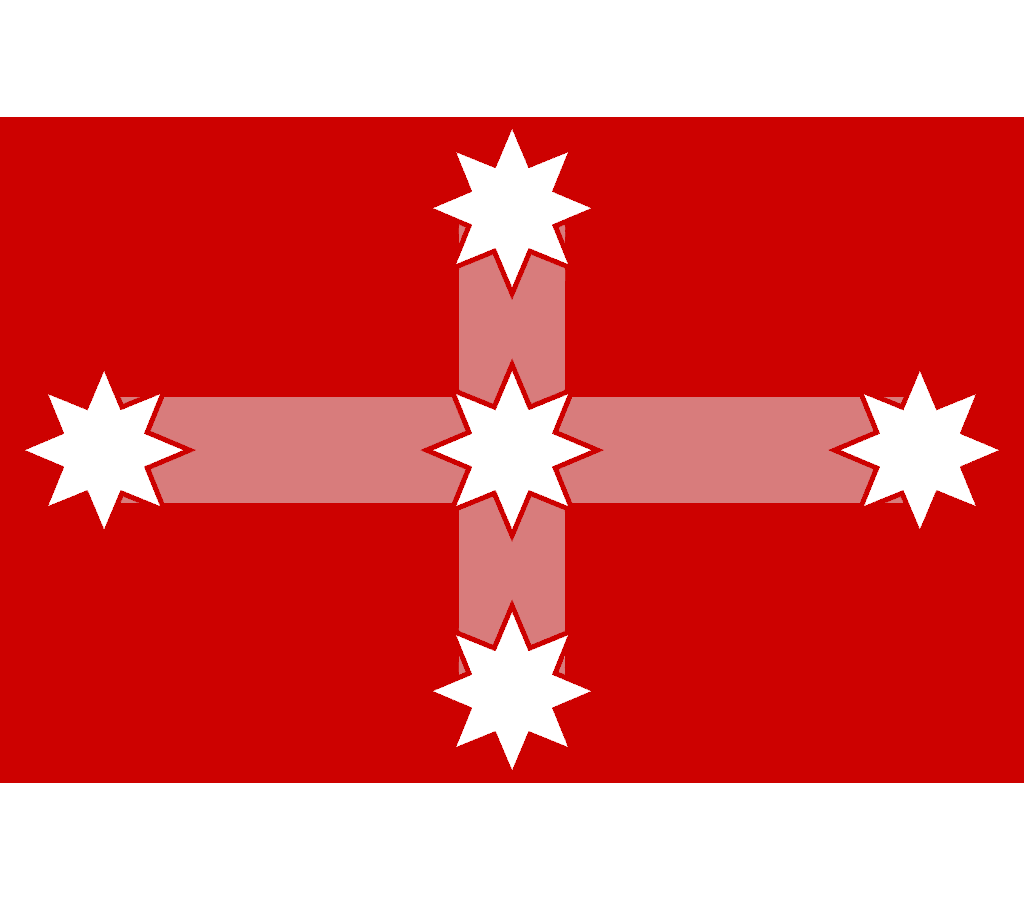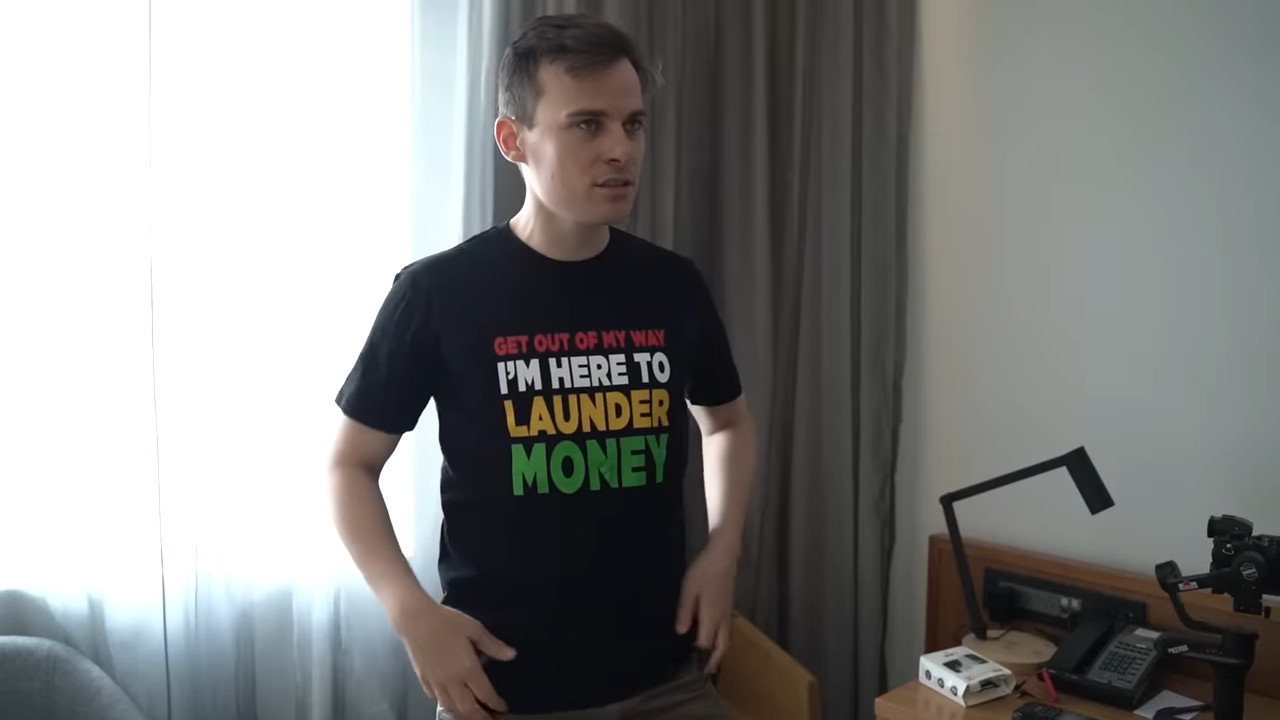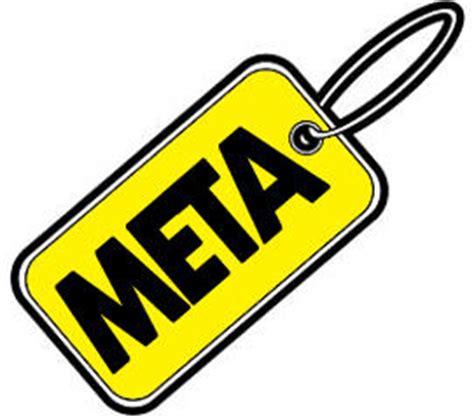

If you want a crazierfuckingvideo, look what happened when the coppers came across some Muslims in the middle of prayer, including some of the protest organisers in yellow.
Edit: see it at https://aussie.zone/post/29490599
Unfortunately reddit is the only source I can find right now: https://www.reddit.com/r/sydney/comments/1r00oj1/nsw_police_assaulted_muslims_praying_peacefully/
















Yes.
(On the bright side, comments like that show just how blatant and out of touch the cops are, to a point where even those with faith in the police are starting to see what happens on the ground and can no longer find excuses. Moments of escaping a media filter bubble is often an early step towards changing ones own political worldview. So, while this event was horrible, I’m optimistic that it’s thrown away the curtains and shown clear unprovoked state + police violence on display to those who wouldn’t have otherwise seen it)